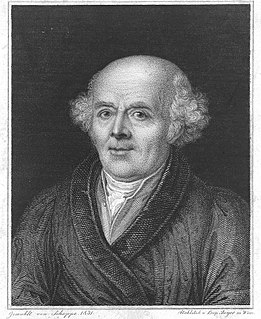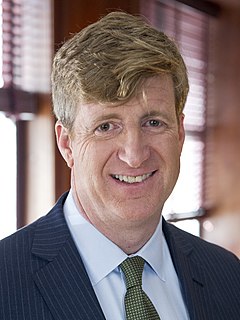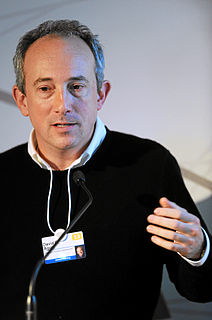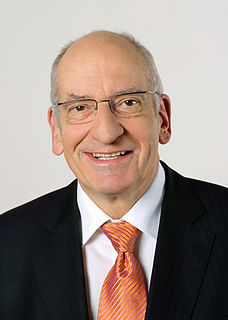A Quote by David Andrew Sinclair
Doctors will prescribe medicines for a particular disease but, as a side effect, those medications will work to prevent dozens of others.
Related Quotes
I want good science, and I want it to be realistically marketed. I wouldn't like only two countries on the planet that allow pharmaceutical companies to market directly to people, New Zealand and the United States. It ought to be better regulated. And when it's presented to people, it ought to be presented in a way that's realistic. For example, often people will prescribe antidepressant medications, and we'll say, you have a brain disease; you'll have to be on these medications permanently. There is no biological marker for depression. It's not true that we know that it's a brain disease.
People and organizations other than doctors increasingly are assuming power to decide which medications to prescribe or procedures to undertake. More and more, decisions about personal healthcare are no longer made by the treating physicians in consultation with their patients, and based on the doctors' expertise.
Memories are like a still life painted by ten different student artists: some will be blue-based; others red; some will be as stark as Picasso and others as rich as Rembrandt; some will be foreshortened and others distant. Recollections are in the eye of the beholder; no two held up side by side will ever quite match.
The relationships we have with our doctors are often the most trusted relationships of our lives. Our doctors tell us hard truths that others will not. We often tell our doctors what we will not tell others. We trust our doctors to give us the good, the bad and the ugly about our health so that each of us can make an informed decision.
A physician who fails to enter the body of a patient with the lamp of knowledge and understanding can never treat diseases. He should first study all the factors, including environment, which influence a patient's disease, and then prescribe treatment. It is more important to prevent the occurrence of disease than to seek a cure.
Every effective drug provokes in the human body a sort of disease of its own, and the stronger the drug, the more characteristic, and the more marked and more violent the disease. We should imitate nature, which sometimes cures a chronic affliction with another supervening disease, and prescribe for the illness we wish to cure, especially if chronic, a drug with power to provoke another, artificial disease, as similar as possible, and the former disease will be cured: fight like with like.
Man must learn to rely upon himself. Reading bibles will not protect him from the blasts of winter, but houses, fires. and clothing will. To prevent famine, one plow is worth a million sermons, and even patent medicines will cure more diseases than all the prayers uttered since the beginning of the world.
Opioid replacement therapy is the standard evidence-based model to treat people with acute opioid addiction, and that is unassailable according to every research study that's been done. If that is the evidence-based model, then why can't we meet the large-scale need that's out there? We can't because one, there aren't enough doctors who can prescribe [drugs like methadone], and two, there are these artificial limits [by insurers] on who doctors can prescribe to.
In the Swiss government there is a will to limit the number of doctors themselves, because with new bilateral agreements with the European Union, there is what we call the "free flow of persons"; that our borders are open to immigration. And as the Swiss doctors are better paid than others, we could have a huge increase of immigration of doctors, more than we need. So we decided to limit the numbers of doctors coming into Switzerland. It is not a very intelligent system, but it is the best one that we have found to limit immigration of doctors.





































